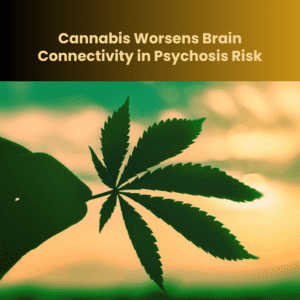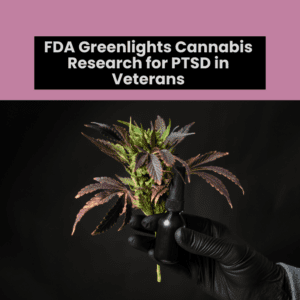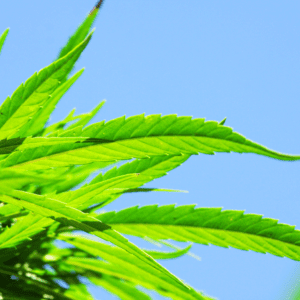Understanding THCA: Why the DEA Doesn’t Consider It Legal Hemp

On May 13, the US Drug Enforcement Agency (DEA) sent a letter explaining why tetrahydrocannabinolic acid (THCA) doesn’t meet the definition of legal hemp. This letter was addressed to Shane Pennington, a cannabis lawyer and partner at Porter Wright Morris & Arthur LLP, who had inquired about the control status of THCA under the Controlled Substances Act (CSA) in a letter dated April 25.
The Debate Over THCA’s Legal Status
The legal status of THCA under the CSA has been a topic of debate, as its federal compliance hinges on various factors and the interpretation of existing rules. Unlike delta-9 THC, the primary intoxicating compound of cannabis, THCA is non-psychoactive when found in its raw form in cannabis.
The Process of Decarboxylation
THCA converts into THC through a process called decarboxylation, which occurs when the compound is heated. This conversion can also happen as cannabis ages, with decarboxylation occurring at lower temperatures over time, while higher temperatures expedite the process. The removal of an acid group during decarboxylation activates THC’s psychoactive properties, which interact with receptors in the brain’s endocannabinoid system.
Benefits of THCA
When not heated, THCA has been found to possess various beneficial properties, including anti-inflammatory, neuroprotective, anticonvulsant, and anti-seizure effects. Despite these potential benefits, the legality of THCA is contentious due to its ability to convert into THC.
The DEA’s Classification of THCA
The content of the DEA’s letter, first reported by Marijuana Moment, states that the CSA classifies tetrahydrocannabinols, including THCA, as Schedule I controlled substances. However, the CSA also excludes ‘hemp’ from the definition of adult-use cannabis and the classification of tetrahydrocannabinols in Schedule I, provided the plant contains no more than 0.3% THC. Therefore, naturally occurring tetrahydrocannabinols extracted from hemp are not controlled under the CSA.
THCA and the Definition of Hemp
In the letter, Terrence Boos, the DEA’s Chief of the Drug & Chemical Evaluation Section, Diversion Control Division, explains that Congress has directed that THCA undergoes decarboxylation, converting it into intoxicating THC. To enforce the hemp definition, the THC level must account for any THCA in a substance.
As a result, because THCA transforms into THC, it is regulated as THC rather than being considered legal hemp, making it illegal at the federal level. “Accordingly, cannabis-derived THCA does not meet the definition of hemp under the CSA because upon conversion for identification purposes as required by Congress, it is equivalent to delta-9-THC,” the letter states.
Implications for Cannabis Legislation
The letter comes at a sensitive time for cannabis legislation, with significant changes occurring in both the adult-use cannabis and hemp industries. Recently, the House Committee on Agriculture passed an amendment proposing the prohibition of intoxicating hemp-derived and synthesized cannabinoid products, which would include THCA. This amendment, part of the 2024 Farm Bill draft, faces opposition from those who argue it threatens the entire supply chain.
Meanwhile, on the adult-use cannabis front, the DEA is progressing with a review of cannabis under the CSA’s legal framework, aiming to reclassify the substance from Schedule I to Schedule III. This reclassification seeks to relax federal regulations on adult-use cannabis.
In conclusion, the DEA’s stance on THCA underscores the complexity of cannabis legislation and highlights the ongoing challenges in defining and regulating cannabis-related compounds. As the landscape of cannabis law continues to evolve, the implications for both the hemp and adult-use cannabis industries remain significant.











